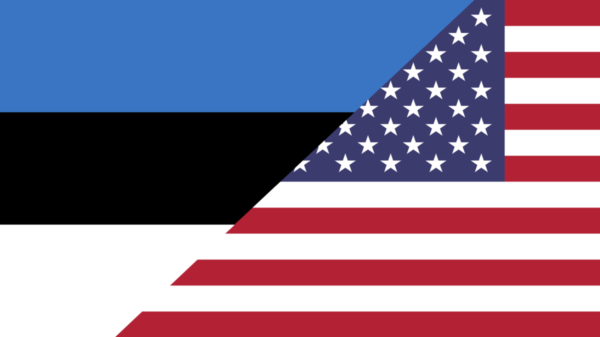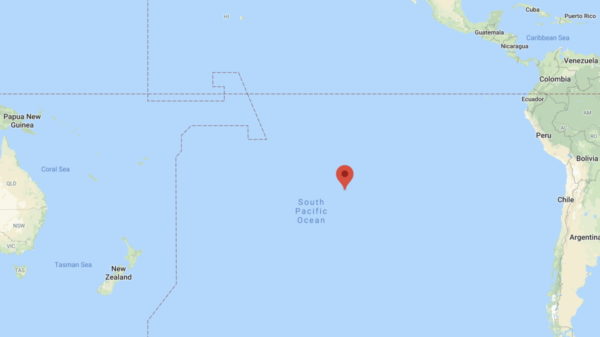There are many no-fee debit cards on the market. The problem is, they all have at least one fatal flaw. Revolut, on the other hand, is pretty damn near perfect. In this guide, I review it and present some interesting usage cases.
Review
When I first heard about Revolut in 2015, my reaction was to dismiss it as simply another prepaid card. There has been too many of those and with a few exceptions, they have all been crap. Sure, some people have found them useful in rare circumstances but their highway robbery fee structures, residency requirements, horrible exchange rates and poor web interfaces/apps have made them a poor option for most. With that being said, I am a curious man and decided to have a look at Revolut’s website, ready for a good laugh. As you have probably guessed by now, I did not found the laugh I was looking for. What I found is what appeared, at least in theory, to be the perfect prepaid card. I decided to open an account and give it a try, convinced I would eventually find its “fatal flaw”.
Opening an account was refreshingly easy, all I had to do was download their app and follow the instructions on-screen. They did not require much in the way of personal information: my name, email address and mailing address. All in all, it took five minutes to sign up and I was issued a MasterCard number on the spot.
I then decided to verify my ID, curious about how they handle that part of the process. Turns out they handled it just as well as they handled everything else, all I had to do was take a photo of my passport information page (using the app) and then tap my passport with my phone and let the NFC reader do its magic. It is important to note that while the ID verification part was not necessary, there were some pretty restrictive limits imposed on the card if you remained unverified.
The next step was to load some money on the card and for this, they gave you two options, you could use a debit Visa/MasterCard or you could do a bank transfer. Both options were free (back then, everything was free on Revolut) and if you used a card, you got access to your money instantly. Not being a patient man I used a card and loaded some USD. As promised, the money showed up on my Revolut account immediately. I made a few purchases online and everything worked flawlessly.
While you can spend the money directly, you can also transfer it to an external bank account. It is easy and the exchange rates offered are as good as it gets (you can also do same-currency transfers). No really, I have done a few test transfers and got nearly the same rate as quoted by my Forex broker.
I then decided to contact customer service. Sadly, many excellent products are on my “no no” list simply because the support behind them is crap. In the case of Revolut, to contact support all I had to do was to click on the big “Support” button in the app menu. This took me to an easy to use Messenger-style chat interface. I typed a message and was surprised to receive a reply within a minute. The person on the other end seemed knowledgeable and answered all my questions (some fairly technical) very quickly.
By then I was quite impressed with the product and decided to order the physical card. This too proved ridiculously easy and the process took me less than a minute to complete. Delivery was free and you could use any address, anywhere in the world. In my case I had the card delivered to my hotel in Shanghai. It took nearly a month to arrive so be mindful of that when you order yours. Surprisingly, the card I got was coded as a normal MasterCard, not as a prepaid one (as they are now coded). This meant that I was able to use it everywhere MasterCard is accepted including on sites where prepaid cards are usually blocked (Azure for example).
That was years ago and since then, Revolut has changed significantly. Support for additional currencies has been added, Apple Pay and Google Pay are now supported, virtual cards and disposable cards are now available, investment features have been added and so have integrations and support for cryptocurrencies. Revolut now has an EU banking license and while it is not clear yet what features it will enable, it is an exciting development.
The free plan has been replaced by three plans, one free (with heavy restrictions) and two paid (both offering the same features but with the metal plan including a metal card and a cashback for purchases).
Unfortunately, I have noticed a significant decrease in the quality of customer service. Unless you pay for metal, you can expect to wait days for issues to be resolved. This is a big deal as there are situations when you really need to have a problem solved and you need it solved now.
Most unfortunately, Revolut now only accept the residents of EEA countries, as well as a small number of non-EEA countries (Australia, Brazil, Canada, Hong Kong, Japan, UAE, US, New Zealand and Singapore as of 2022).
If you are the resident of one of the supported countries, I do recommend signing up for an account. Overall, I remain a relatively happy customer and still think that it is one of the best products of its kind.
Usage cases
Those who do not have a fee-free debit / credit card
While fee-free cards are becoming increasingly common, they still represent only a minority of the cards currently in circulation. This means that a lot of people have to pay anywhere from 1% to 5% for transactions in foreign currencies and / or every time they withdraw cash from an ATM. Getting a Revolut account solves this problem, at least to a certain extent. Even those who do not have a bank account in a supported currency can benefit by using TransferWise to load money to their Revolut account at market-rate. See my article on international money transfer here for more details.
Those who get paid via services like Payoneer
A lot of people use Payoneer and their ridiculously overpriced debit card to get paid online. For these people, Revolut is a game changer. They can continue receiving money via Payoneer but instead of spending their income using the Payoneer card, they can load it for free to their Revolut account (if EEA-based, make sure to use a UK-issued Payoneer card) and use the Revolut card to spend the money. That way, they avoid the Payoneer fees and crap exchange rates.
Those who want to hold foreign currencies
For those who travel on a regular basis between certain regions, holding the local currencies of the countries they regularly visit makes a lot of sense. For example, a German visiting Japan and Hong Kong on a regular basis would benefit from buying JPY and HKD when the exchange rates are favourable.
Revolut for Business
In late 2016, Revolut announced the launch of a business bank account along with a host of other business services. Revolut initially planned to launch the product before the end of 2016 but delayed it multiple times until it finally launched in 2017. If you operate a business in a supported country, you can register by clicking here. In addition to the regular KYC documents, Revolut also requires a proof of address for the operating address. This means that even if you are the citizen of a supported country and run a business registered in a supported country, you will only be able to open a Revolut for Business account if you are physically operating the business from a supported country. As with the personal account, multiple plans exist. They offer the same features but carry different transaction limits. A free plan, and a freelancer plan, are also available but they do not include any free FX transfers. In any cases, you can add multiple users to the account and issue business debit cards to each user. For those who qualify and operate in multiple currencies, Revolut for Business is a no-brainer due to its excellent exchange rates, despite its higher than usual monthly fee.

































